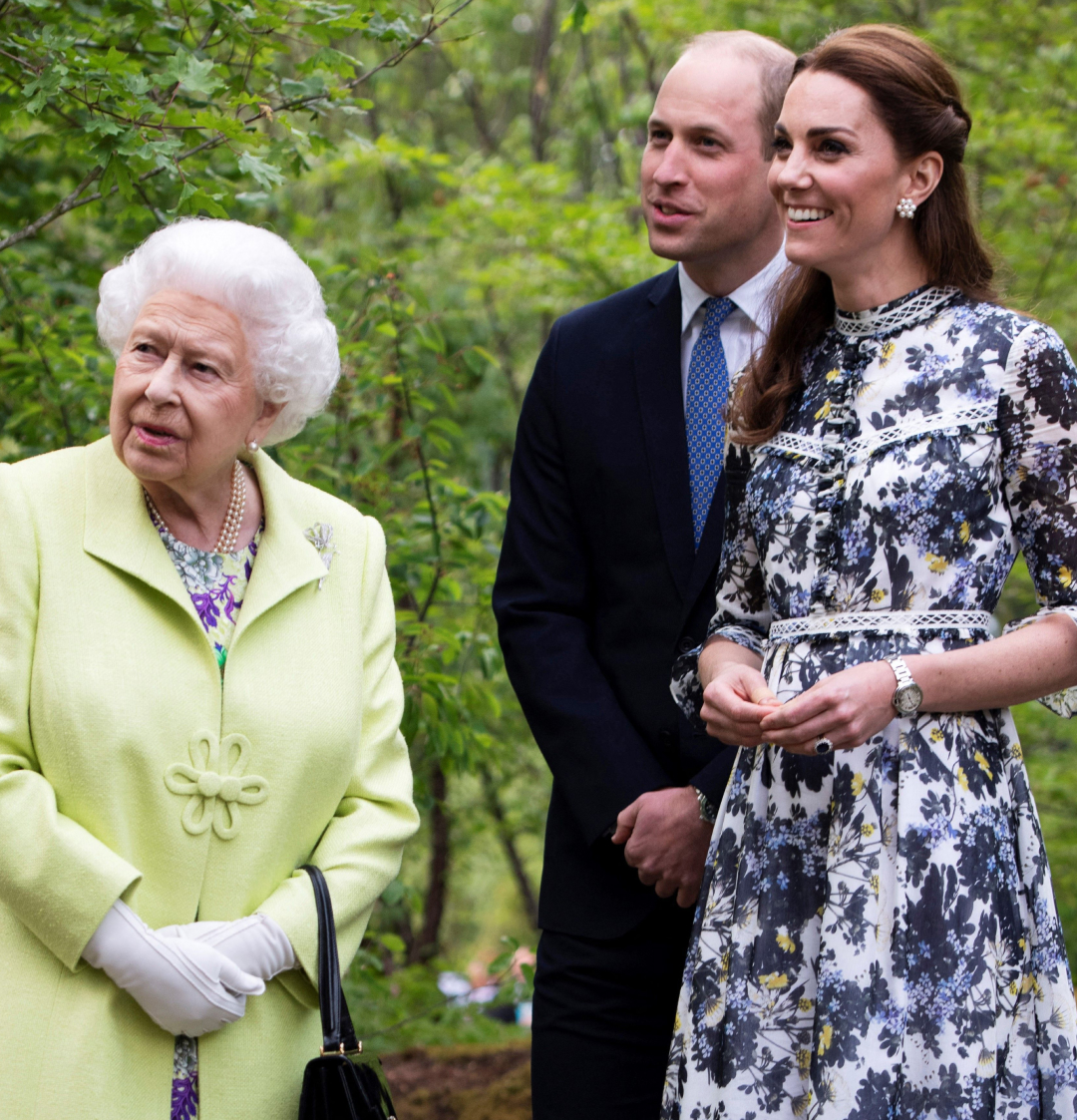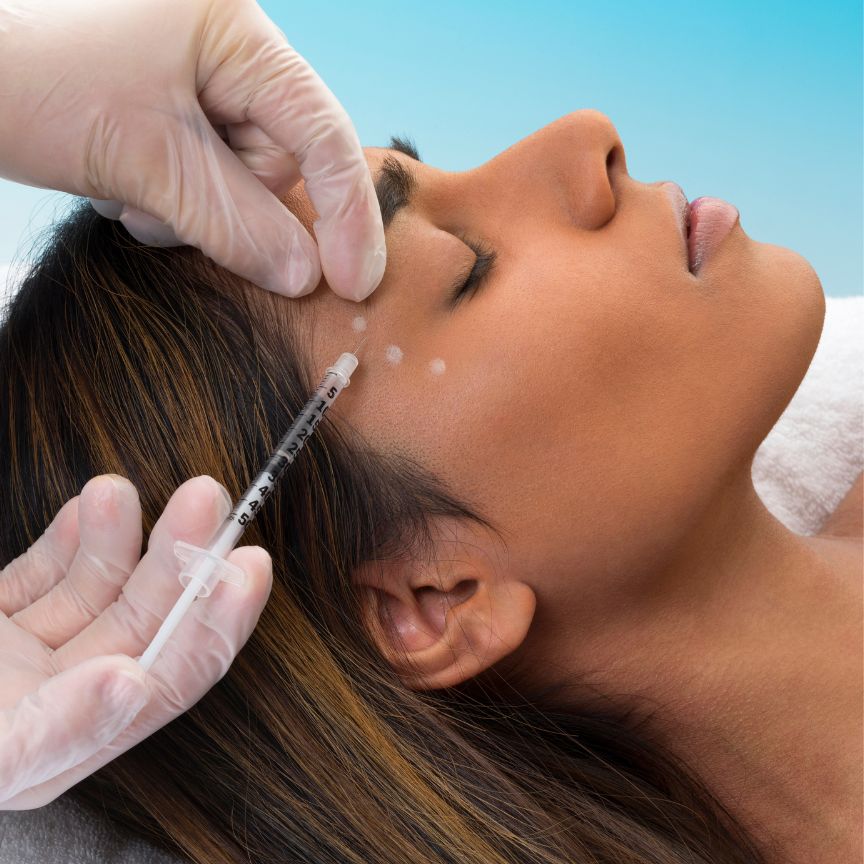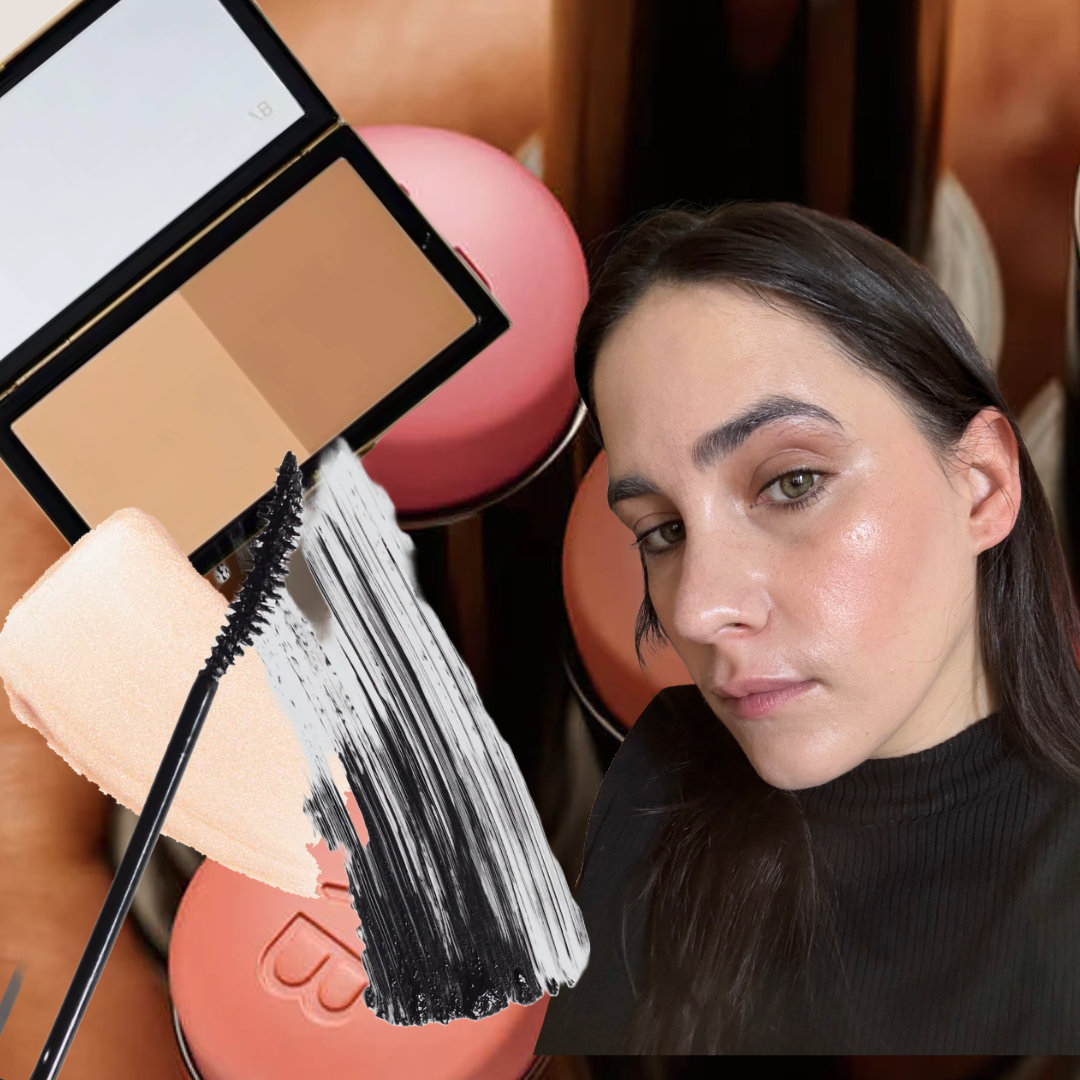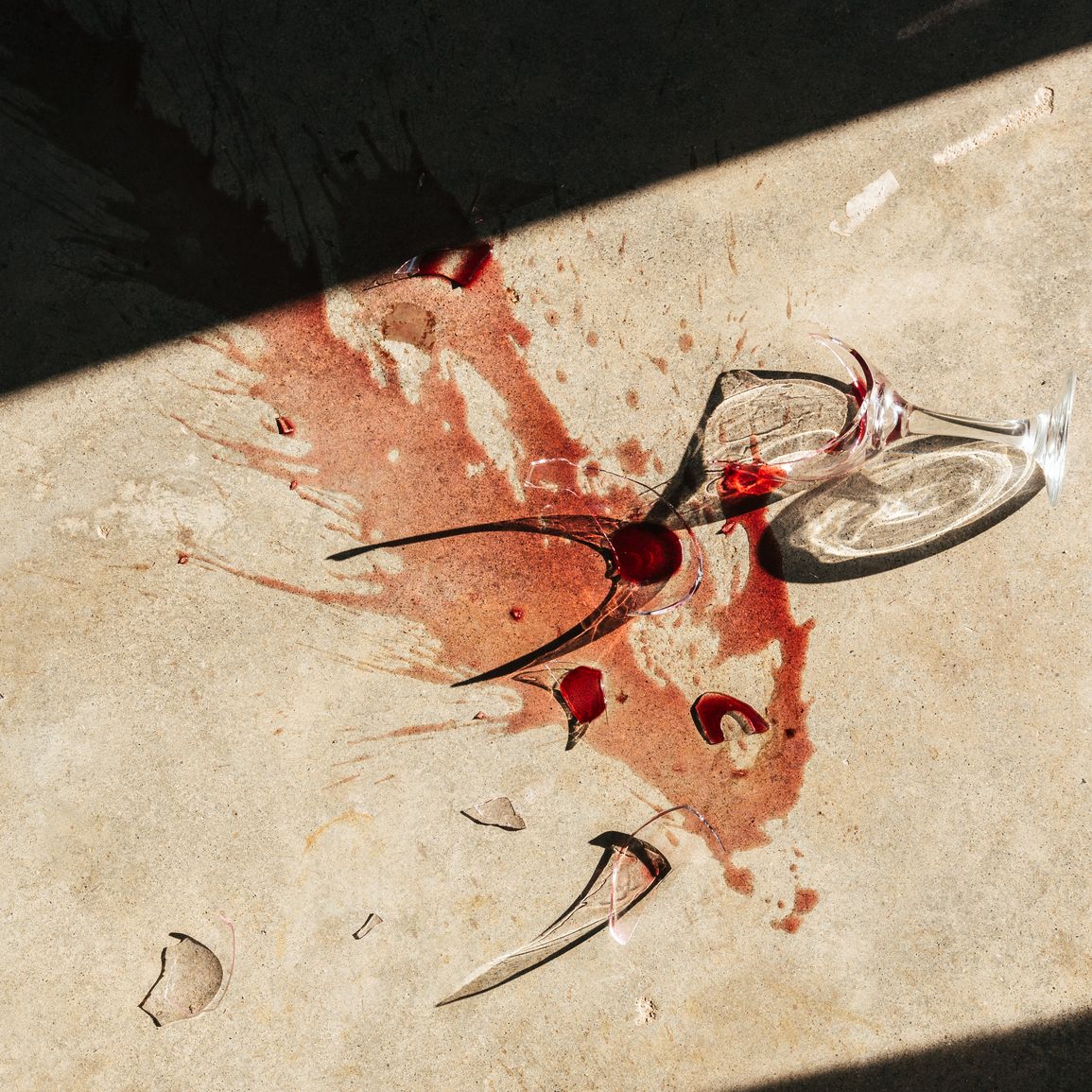When Genetic Testing Leaves More Questions Than Answers
Interested in learning more about your family medical history? Read this first.
By now, you probably heard about Angelina Jolie's double mastectomy, which she announced in a New York Times op-ed that captured the attention of the entire media. The actress and philanthropist wrote that she'd undergone the procedure after learning that she carries a "faulty" BRCA1 gene. All humans, both men and women, have BRCA1 genes; if a woman inherits a "faulty," or mutated, BRCA1, her chances of developing breast and ovarian cancer increase significantly. Jolie wrote that her mastectomy reduced her chances of developing breast cancer from 87 percent to under 5 percent.
It sounds simple enough: get tested for a mutation that could lead to cancer, and, if you have it, take preventive measures. It sounds like something everyone should do--and like something that can be done quite easily, thanks especially to online genetic testing companies like 23andMe, which will extract your DNA from a saliva sample and sequence your genome for just $99. In reality, it's much more complicated. Like Jolie, Elizabeth Stark, a 32-year-old writer, opted to have a double mastectomy four years ago, after learning that she carried a mutated BRCA1 gene. Stark's mother was diagnosed with breast cancer at the age of 29, and her maternal grandmother, plus two great aunts, had battled cancer, too. As she approached the age of her mom's diagnosis, Stark started to think seriously about her own health. "When so many people in your family get cancer, you're pretty sure it's genetic," she told me.
Before Stark took any steps herself, her mother got tested for a BRCA1 mutation, to make sure that it had factored in to her own cancer, and that it was possible she could have passed it down to Stark. Only after her mom tested positive did Stark get tested, too, and discover she'd inherited the gene. She followed the test with thorough discussions with a genetic counselor—who helped to her to understand exactly what her mutation meant, and exactly what her chances of getting cancer were—and after carefully considering her options for almost a year, she made the incredibly difficult decision to have a mastectomy. She knew her chances of getting breast cancer were high, but she didn't have it, and there was no way to know if she would get it. "Nobody wants to have their healthy breasts cut off," she said, but ultimately decided it was a sacrifice she was willing to make.
Based on Jolie's op-ed, it seems reasonable to assume that her trajectory was very similar. Jolie wrote that her mother battled cancer for ten years before it took her life at the age of 56, and though she doesn't specify which type of cancer, based on the fact that Jolie was found to carry a mutated BRCA1 gene, it's probable that her mother carried the same mutation. Before making the decision to get tested, let alone have a mastectomy, she likely consulted with a genetic counselor, too. "The importance of going through a genetic counselor cannot be overstated," says Stark, who has written a book about hereditary breast cancer, centered around her own experience, called Pandora's DNA. "And [getting tested] only makes sense if there's something you know you can do."
My own doctor seemed to agree. When I emailed my Manhattan general practitioner to ask about genetic testing, he told me, "One of the things I ask my patients is what they expect to get from the results. Will it change the way they are tested and are they interested in some form of intervention?" For Jolie and Stark, who both had a history of cancer in their families and were both determined to be especially high risk, the answer was a difficult yes, and the form of intervention was obvious. But in other situations, there might be no option for intervention, or the level of risk might be more ambiguous. If a person tests positive for a mutated gene associated with colon cancer, they can monitor their health more aggressively, by having colonoscopies more frequently, but they won't be able to change their level of risk for actually developing cancer. If a person tests positive for a mutated BRCA1, but has no evidence of cancer in her family, the decision of whether or not to have a mastectomy might be even harder to navigate. And "testing for breast cancer remains the same--yearly mammogram--whether one has the gene or not," said my doctor.
As the study of genetics advances, testing for mutations associated with cancer and other diseases may play a more definitive role in healthcare, but, for now, at least, the relationship is far from straightforward. Back in November, the Food and Drug Administration ordered 23andMe to refrain from offering customers any health-related genetic information while the agency investigates whether said information is being properly contextualized. Angelina Jolie and Elizabeth Stark used genetic testing to make decisions that may mean the difference between life and death for them, but testing positive for any mutation doesn't guarantee anything except a lot of tough questions. DNA is a Pandora's box that must be opened very carefully.
Stay In The Know
Get exclusive access to fashion and beauty trends, hot-off-the-press celebrity news, and more.
-
 Prince William and Princess Kate's "First Priority" Is "Very Different" Than Queen Elizabeth's Was
Prince William and Princess Kate's "First Priority" Is "Very Different" Than Queen Elizabeth's WasThe Prince and Princess of Wales are changing the modern monarchy.
By Kristin Contino
-
 Hate to Break It to You, But Tariffs Are About to Make Your Beauty Routine a Lot Pricier
Hate to Break It to You, But Tariffs Are About to Make Your Beauty Routine a Lot PricierHere are the treatments that are most vulnerable to price hikes.
By Danielle Sinay
-
 My Favorite Victoria Beckham Beauty Staples Nail the Balance Between Rocker Chick and Upper East Side Mom
My Favorite Victoria Beckham Beauty Staples Nail the Balance Between Rocker Chick and Upper East Side MomSee the photos for proof.
By Julia Marzovilla
-
 Senator Klobuchar: "Early Detection Saves Lives. It Saved Mine"
Senator Klobuchar: "Early Detection Saves Lives. It Saved Mine"Senator and breast cancer survivor Amy Klobuchar is encouraging women not to put off preventative care any longer.
By Senator Amy Klobuchar
-
 I'm an Egg Donor. Why Was It So Difficult for Me to Tell People That?
I'm an Egg Donor. Why Was It So Difficult for Me to Tell People That?Much like abortion, surrogacy, and IVF, becoming an egg donor was a reproductive choice that felt unfit for society’s standards of womanhood.
By Lauryn Chamberlain
-
 The 20 Best Probiotics to Keep Your Gut in Check
The 20 Best Probiotics to Keep Your Gut in CheckGut health = wealth.
By Julia Marzovilla
-
 Simone Biles Is Out of the Team Final at the Tokyo Olympics
Simone Biles Is Out of the Team Final at the Tokyo OlympicsShe withdrew from the event due to a medical issue, according to USA Gymnastics.
By Rachel Epstein
-
 The Truth About Thigh Gaps
The Truth About Thigh GapsWe're going to need you to stop right there.
By Kenny Thapoung
-
 The High Price of Living With Chronic Pain
The High Price of Living With Chronic PainThree women open up about how their conditions impact their bodies—and their wallets.
By Alice Oglethorpe
-
 I Used to Imagine Murdering the Men I Dated
I Used to Imagine Murdering the Men I DatedFalling in love helped me finally figure out why.
By Jessica Amento
-
 60 Workout Apps for Women Who Want Results (Without a Gym Membership)
60 Workout Apps for Women Who Want Results (Without a Gym Membership)Buying Guide Easy fitness plans you can follow without fear of judgment.
By Bianca Rodriguez